US officials and lawmakers are increasingly alarmed by a meeting last month in which representatives of the Trump administration met Kirill Dmitriev — a sanctioned Russian envoy — to draft a plan to end the war in Ukraine, Reuters reported citing multiple sources familiar with the matter.
The meeting, held in Miami at the end of October, included special envoy Steve Witkoff, President Donald Trump’s son-in-law Jared Kushner, and Dmitriev, who heads the Russian Direct Investment Fund (RDIF), one of Russia’s largest sovereign wealth funds.
Dmitriev, a close ally of President Vladimir Putin, has played a central role in discussions with the US over the war and has met Witkoff several times this year. One senior US official told Reuters that the Trump administration granted Dmitriev a special waiver to enter the country despite existing sanctions. He and the RDIF were blacklisted in 2022, effectively barring Americans from engaging with them.
A 28-point peace plan sparks unease
The Miami talks produced a 28-point peace plan, two people familiar with the discussions said. The proposal, revealed earlier this week by Axios, took officials across the administration by surprise and created confusion in Washington and in European capitals.
It has also drawn criticism from Ukraine and its allies for appearing heavily aligned with Russian interests. Ukrainian President Volodymyr Zelenskiy has vowed he would not betray Ukraine’s interests.
The document calls for significant concessions from Kyiv and appears at odds with the tougher line the Trump administration has recently taken towards Moscow, including sanctions targeting Russia’s energy sector. It remains unclear whether Dmitriev arrived with specific demands and whether these were incorporated into the plan.
Two people familiar with the matter said Ukraine’s defence minister, Rustem Umerov, was also in Miami early this week to discuss the proposal with Witkoff. One source said Witkoff briefed Umerov on the plan during the visit and that the US relayed the proposal to Ukraine via Turkey on Wednesday before presenting it directly in Kyiv on Thursday. Umerov has described his role as “technical” and denied discussing the substance of the plan with US officials.
Quick Reads
View AllDmitriev and the Ukrainian embassy in Washington did not immediately respond to requests for comment.
White House spokeswoman Karoline Leavitt said any peace plan “must offer security guarantees and deterrence for Ukraine, Europe and Russia”, and include economic incentives for both sides. She said the proposal aims to reflect realities on the ground and seek a “win-win scenario”.
Trump said on Friday he expected Zelenskiy to sign the plan by Thanksgiving. Reuters has reported that the US warned Ukraine its military aid could be reduced if it refuses.
Officials left out of the loop
Many senior officials at the State Department and the National Security Council were not briefed on the plan, according to two people familiar with the situation. Special Envoy for Ukraine Keith Kellogg, who has been working closely with Kyiv and is due to step down in January, was also excluded from the Witkoff-Dmitriev talks.
One senior US official said Secretary of State Marco Rubio had been read in on the proposal, though it was unclear when. State Department Principal Deputy Spokesperson Tommy Pigott maintained Rubio was closely involved throughout the process, speaking with both sides repeatedly. But several US officials disputed that account.
“There was no coordination, no one at State had seen this, not Rubio,” another official said, adding that the proposal includes elements previously rejected by the secretary.
The developments have raised concerns within the administration and on Capitol Hill that Witkoff and Kushner bypassed the interagency process and produced a plan that tilts heavily towards Russian interests. The document reflects long-standing Russian demands — including that Ukraine cede eastern territory it still controls, recognise Crimea as Russian, and pledge not to join NATO.
“This so-called ‘peace plan’ has real problems, and I am highly sceptical it will achieve peace,” said Senator Roger Wicker of Mississippi, the Republican chair of the Senate Armed Services Committee. “Ukraine should not be forced to give up its lands to one of the world’s most flagrant war criminals in Vladimir Putin.”
Experts have also voiced concern. Dara Massicot of the Carnegie Endowment for International Peace noted that Putin had described the plan as a “basis” for an agreement, suggesting Moscow may seek further concessions. “One week seems ambitious for resolution,” she said.
Questions over Dmitriev’s role
Some in the intelligence community are also uneasy about the administration’s engagement with Dmitriev, a US official said. Despite sanctions, he has used his RDIF position in the past to build ties with Western governments and companies. The CIA declined to comment.
During the first Trump administration, Dmitriev cultivated contacts with Trump’s team to reset relations between Washington and Moscow. According to the Mueller investigation, he met Erik Prince in 2017 to discuss bilateral ties and separately drafted a reconciliation plan that he shared with a Kushner associate. Mueller ultimately did not establish that the Trump campaign coordinated with Russia in the 2016 election.
Dmitriev also worked directly with Kushner during the pandemic, coordinating the RDIF-supplied ventilators sent to the US — a move that raised concerns within the Treasury Department over potential sanctions violations.
In recent years, he has continued to appear on US television and at global forums such as Davos, promoting stronger US-Russia trade links — a message he repeated in Miami.
Miami encounter with Rep. Anna Luna
Dmitriev’s visit also included a meeting with Representative Anna Luna, during which the two discussed increasing trade ties between the US and Russia. Luna’s office did not respond to requests for comment. Footage from Russia’s RIA news agency showed Luna receiving a box of chocolates featuring President Putin’s portrait.
Images appear to show Luna and Dmitriev meeting at the Faena Hotel in Miami, owned by Access Industries, the company run by Russian billionaire Len Blavatnik. Blavatnik made his fortune in partnership with Viktor Vekselberg, a Russian oligarch under sanctions. Witkoff’s company, the Witkoff Group, also has business ties with Blavatnik, including in Miami.


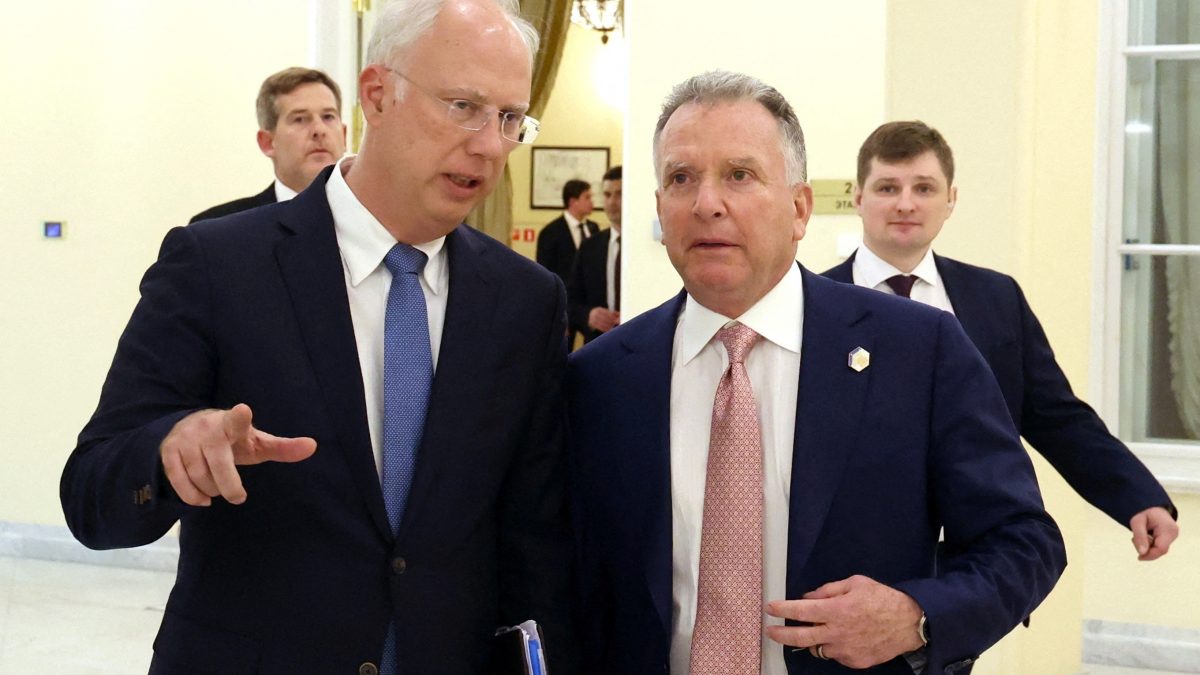)
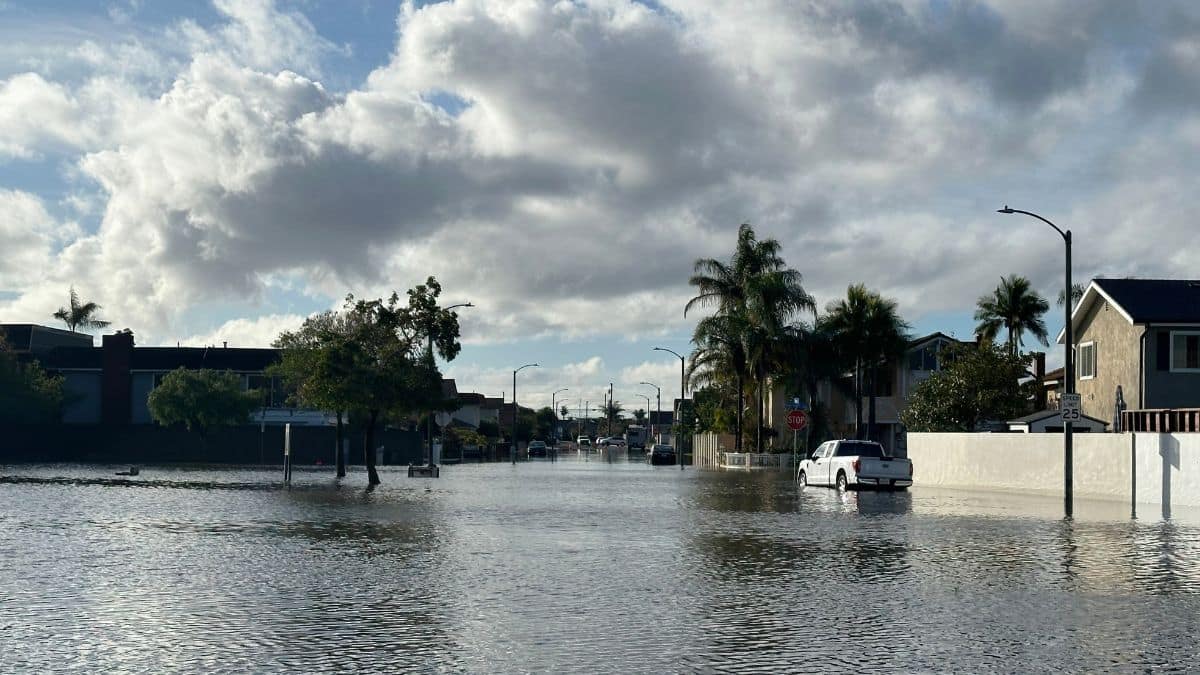
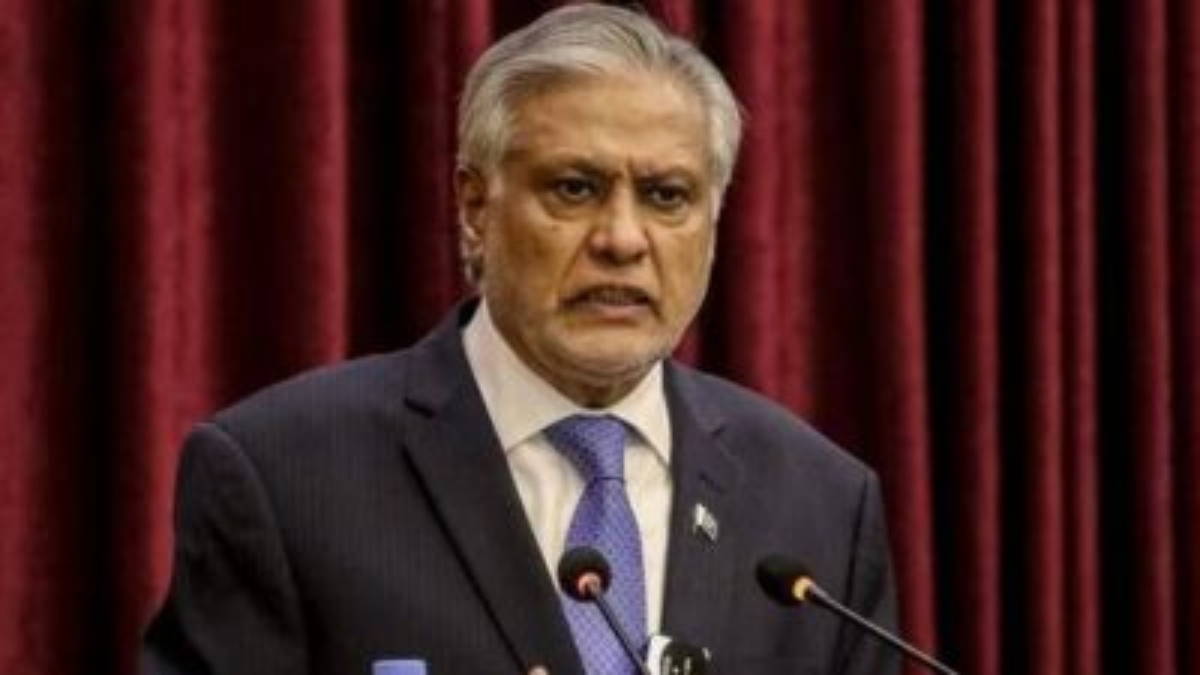)
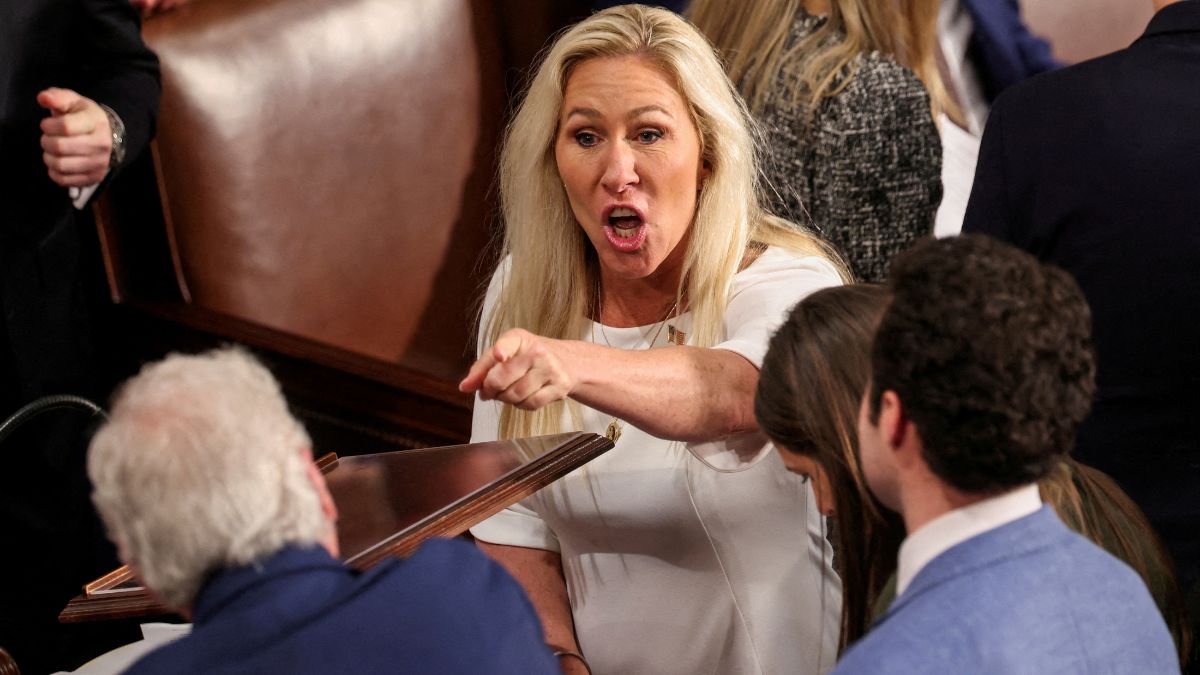)
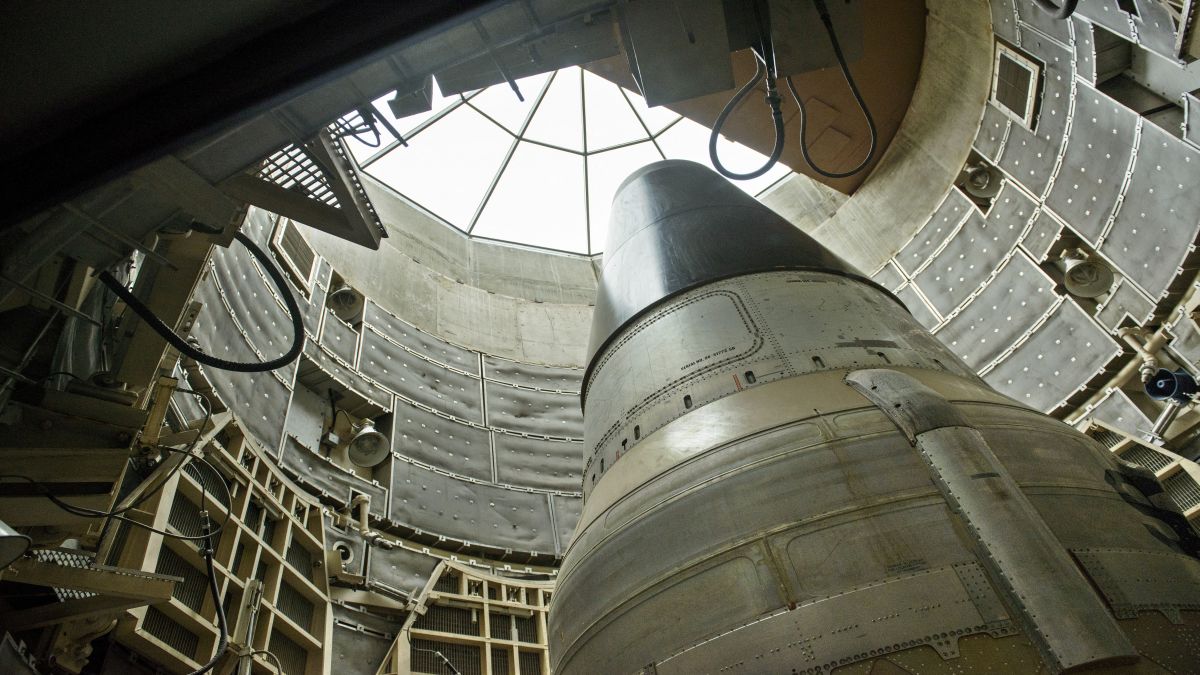)
)
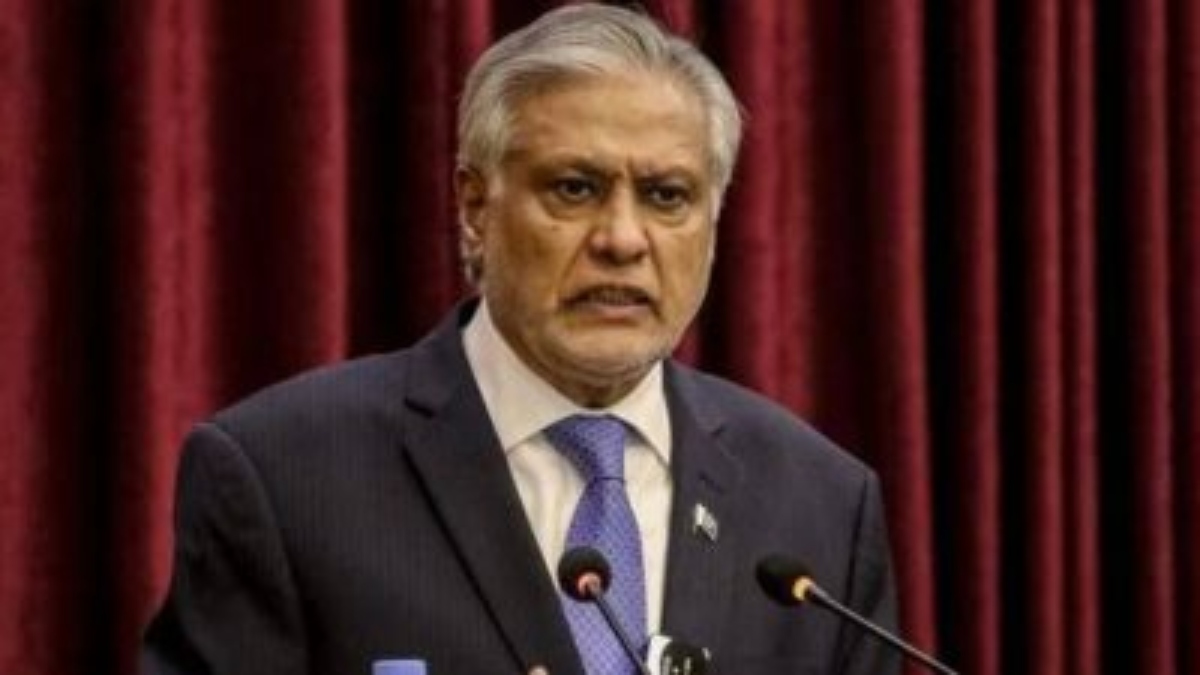)
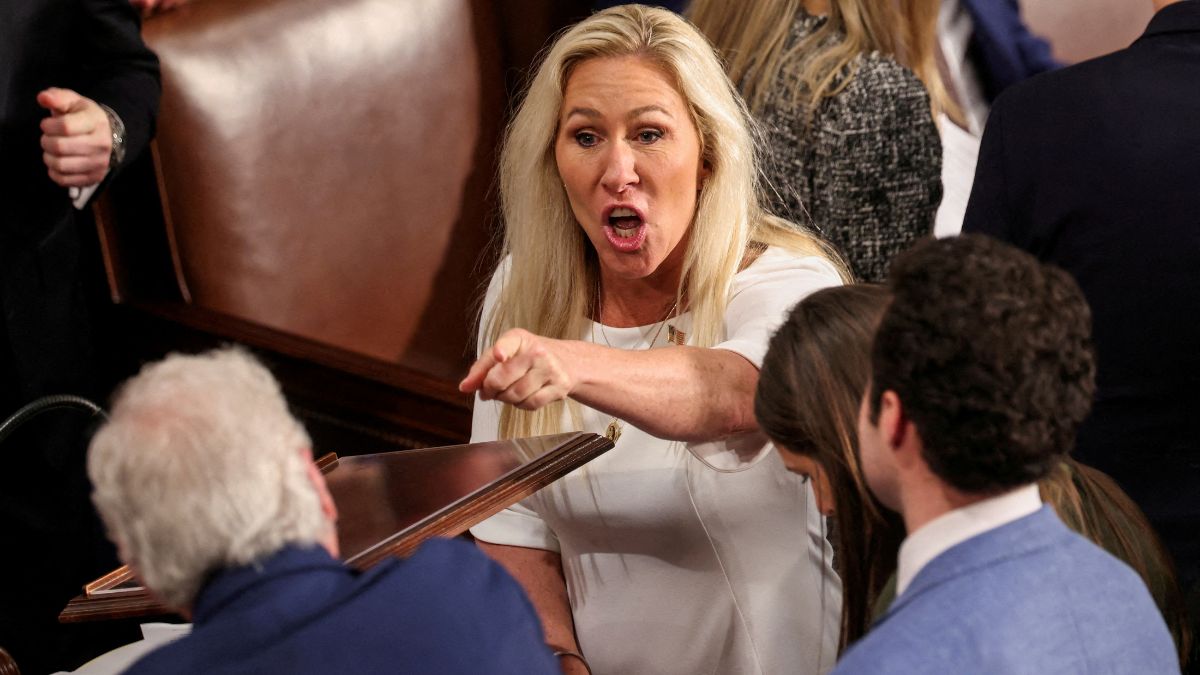)
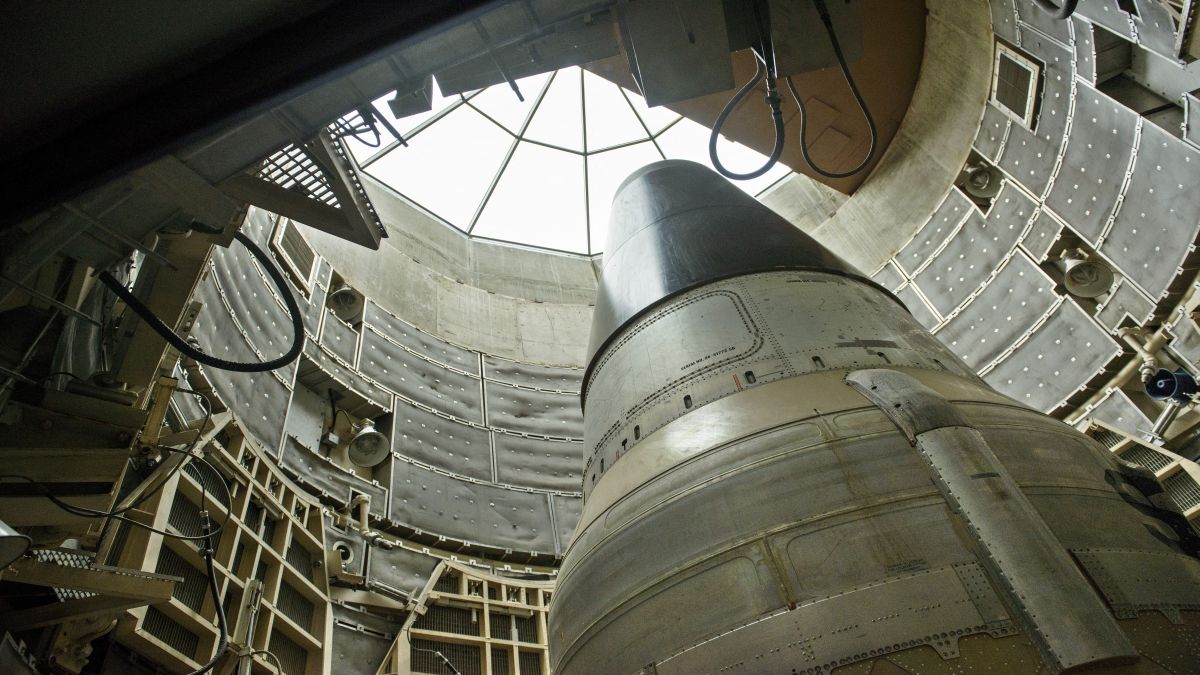)
)



